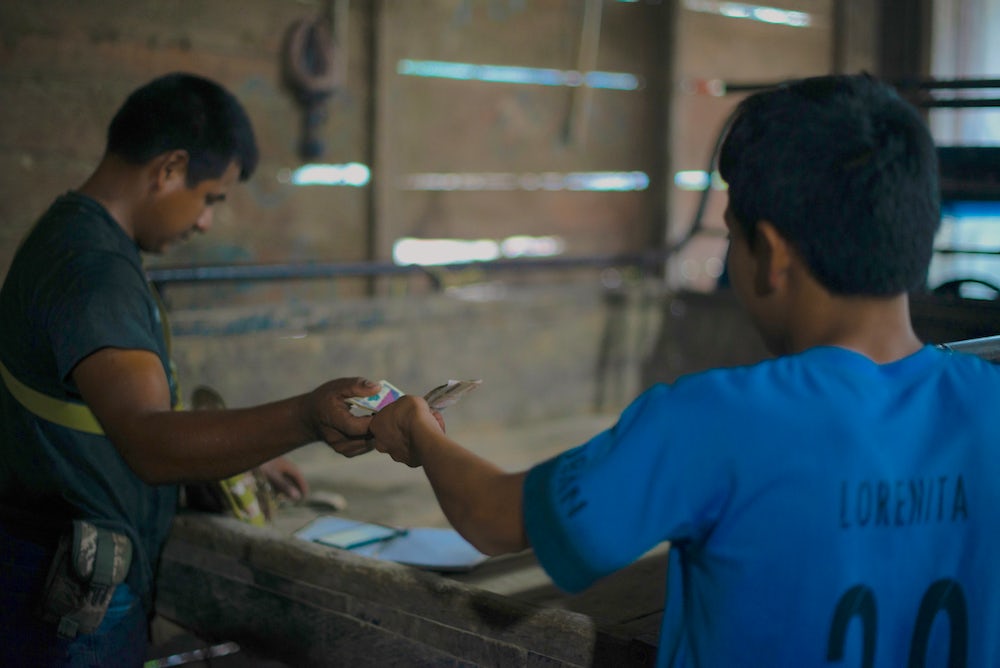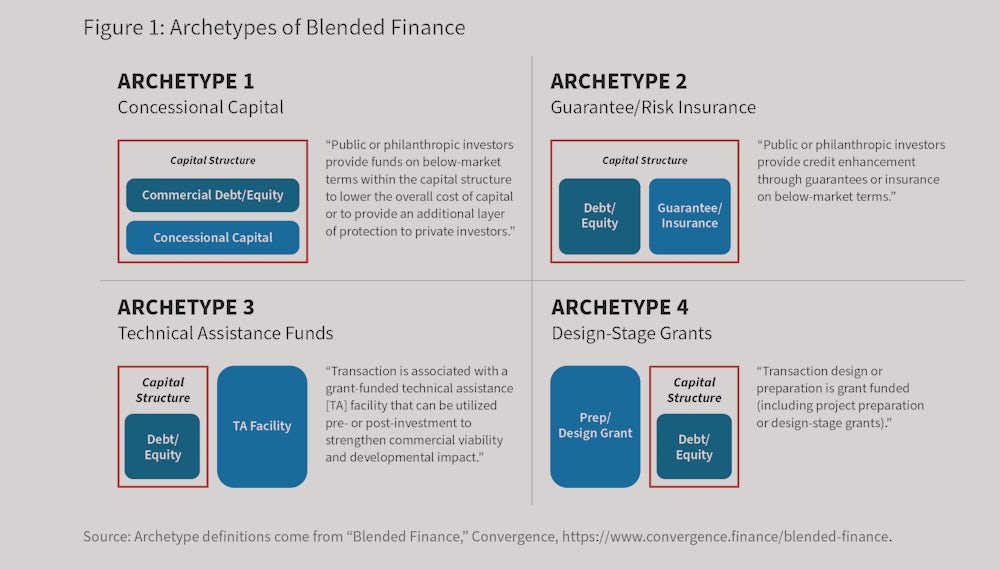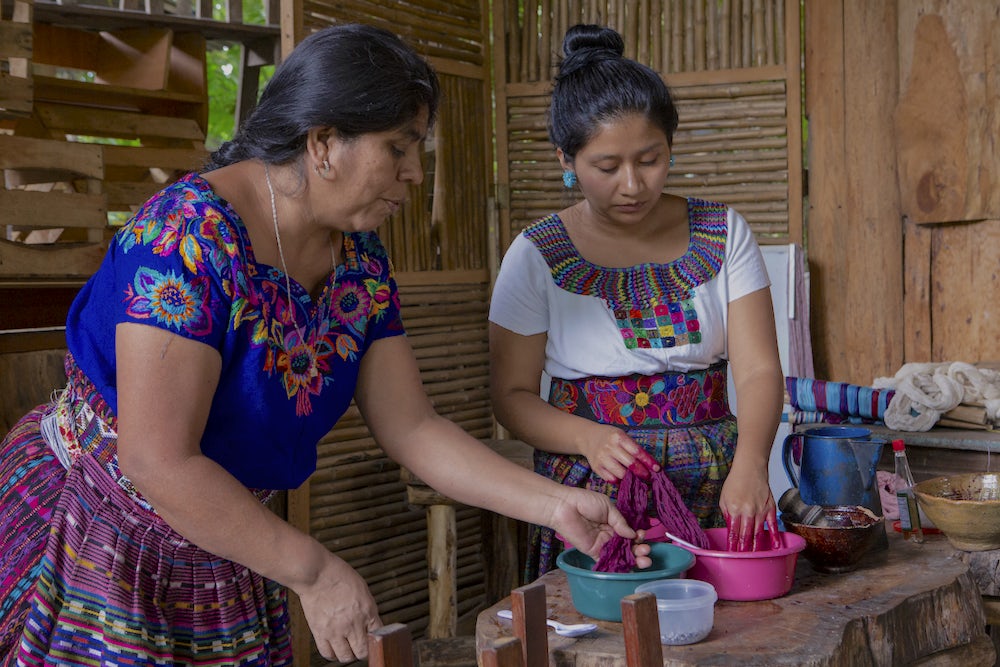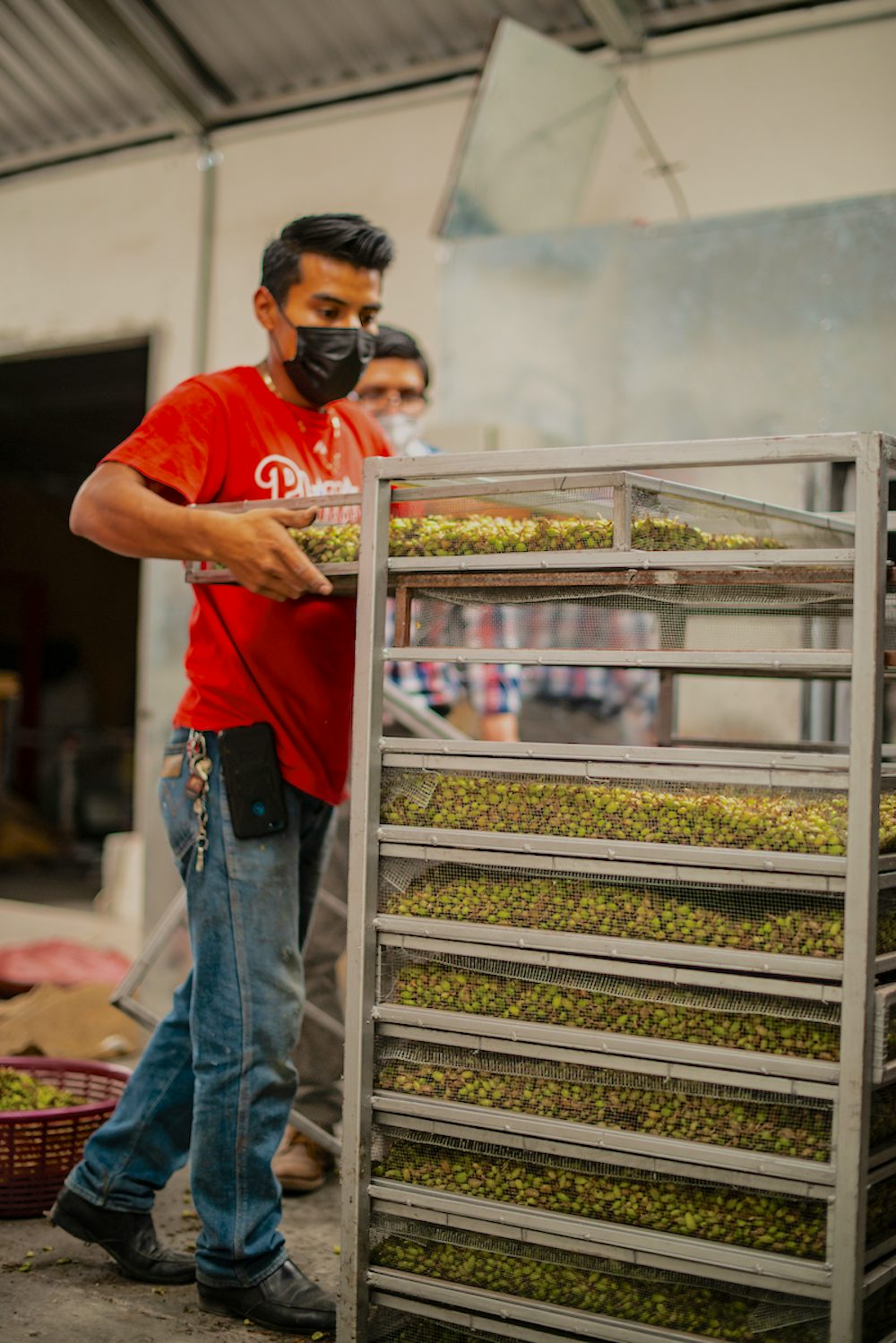The area of Central America known as the Northern Triangle — comprised of El Salvador, Guatemala and Honduras — is one of the poorest regions in the Western Hemisphere.
High levels of poverty, violence and corruption, as well as weak governance, are major causes of fragility. These pre-existing conditions, coupled with shocks like the COVID-19 pandemic and natural disasters — like Hurricanes Eta and Iota in November 2020 — have resulted in a humanitarian crisis that has become a driver of irregular migration.

Building a business in this region has become increasingly difficult.
Locally-owned and operated small and medium enterprises (SMEs) face significant barriers to growth, including access to finance — local or foreign — and could become a target for corruption.
A new Center for Strategic and International Studies report supported by Heifer International recommends the U.S. government prioritize reforms and programs that will reduce the barriers to growth for small and medium enterprises.
The authors contend that by working together the U.S. Agency for International Development (USAID) and the U.S. International Development Finance Corporation (DFC) could break down these barriers and mobilize additional capital to help SMEs thrive in the Northern Triangle.
Our experience has taught us that expanding economic opportunities and building sustainable livelihoods in these countries — and in other vulnerable contexts in Latin America and the Caribbean, such as Haiti — can help to address some of the root causes of fragility and the drivers of migration.

The report calls on USAID and DFC to find flexible and creative solutions to enable greater access to finance for SMEs, with a blended finance approach at their core where appropriate. Both agencies must also build partnerships with the private sector — both local and international — to leverage their supply chains, financing and knowledge.
Addressing the weak business and investment climate, the dearth of entrepreneurship training and skills, and the lack of physical security due to gang- and drug-related violence could catalyze the kind of economic activities that would reinvigorate markets in the region, create jobs and bring much-needed financial stability.

Agriculture is one of the most important and accessible sources of income for communities in Central America. Though it has the potential to be profitable and provide a living income — and curb poverty-driven migration in the process — the sector is vulnerable to climate change and extreme weather and farmers are often at the mercy of middlemen and price-takers who get the lion’s share of profits.
Despite the challenges, at Heifer we have seen firsthand the potential for development in this region when the right support is provided.
For instance, more than 60% of the world's cardamom is grown in Guatemala, but smallholder farmers behind this prized spice struggle to make a profit. To fix the root causes of the problems in the spice value chain, we are building on our traditional development projects by using impact investing to increase access to affordable financing for farmers and cooperatives.
Through Heifer Impact Capital, Heifer International's impact investing arm, our private investments have supported the growth of enterprises and helped connect them to global supply chains.

Along with McCormick & Company, a global leader in flavor, and Guatemalan spice supplier, Nueva Kerala, we have launched a Cardaforestry project in Guatemala to increase smallholder farmer resilience and improve the quality of cardamom and allspice sourced by McCormick through agroforestry systems by 2023.
The project will invest a combined total of $1.55 million from Heifer International, McCormick & Company and Nueva Kerala in smallholder cardamom and allspice farmers, with the investment from Nueva Kerala originating from Heifer Impact Capital.
Our experience has taught us that overcoming poverty requires income generation and meaningful participation in the economy, but that real change takes time, patience, training and capital. With a blend of finance and technical assistance, SMEs like Nueva Kerala can — and do — provide decent jobs and increase payments to farmers in the Northern Triangle. This approach takes risks and goes against the norm for many multilateral financial institutions, but it must be considered in any deliberate effort to help the region address instability and foster long-term, sustainable economic recovery and development.
